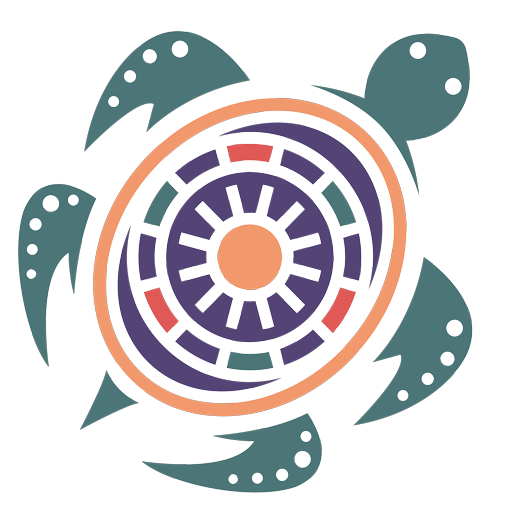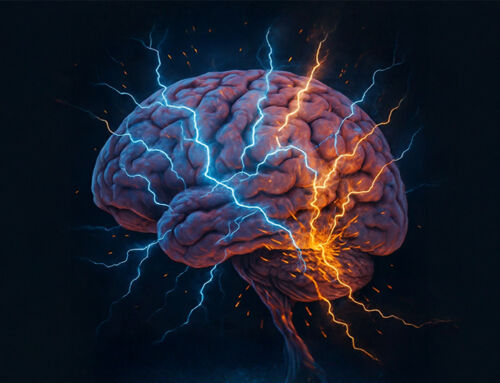Flying Monkeys and Narcissists – Why Do They Rely On Each Other?

By Brenda Stephens, Licensed Professional Clinical Counselor
Have you ever wondered why flying monkeys, those loyal assistants of the narcissist, continue to serve and support their manipulative leader? Let’s dive into the intricate dance between flying monkeys and narcissists to uncover why they form such a toxic yet unbreakable bond.
Understanding the Role of Flying Monkeys
Flying monkeys are individuals who act as the minions of a narcissist, doing their bidding and carrying out tasks that the narcissist deems beneath them. These individuals are often manipulated into believing they serve a noble cause, protecting the narcissist from perceived threats or criticisms. In reality, they are being used as pawns in the narcissist’s game of manipulation.
The allure of being a flying monkey lies in the false sense of power and importance it provides. By aligning themselves with the narcissist, flying monkeys may believe they are gaining favor and protection, not realizing they are sacrificing their own autonomy and morality in the process. The psychological hold the narcissist has on them keeps them entangled in a web of deceit and manipulation.
Moreover, flying monkeys often have unresolved personal issues or insecurities that make them susceptible to manipulation. They may seek validation and approval from the narcissist, hoping to fill a void within themselves. This codependent relationship feeds into the narcissist’s ego and reinforces the toxic dynamic that keeps the flying monkeys loyal.
Deciphering Narcissistic Behavior
Narcissists thrive on power, control, and manipulation. Their inflated sense of self-importance drives them to seek constant admiration and validation from those around them. They are skilled at emotional manipulation, gaslighting, and charming their way into the hearts and minds of their victims.
While narcissists may appear confident and charismatic on the outside, their behavior is often driven by deep-seated insecurities and a fragile self-image. They rely on external validation to prop up their sense of self-worth, leading them to exploit and manipulate others to meet their own needs.
In narcissistic relationships, the narcissist exerts control over their victims through a combination of emotional manipulation, guilt-tripping, and gaslighting. They create a web of deceit and illusions that keep their victims trapped in a cycle of abuse and codependency, ensuring their loyalty and obedience.
The Dance of Codependence
Codependency in narcissistic relationships is a complex dynamic where the enabler, often a flying monkey, becomes psychologically dependent on the narcissist for validation and self-worth. The enabler sacrifices their own needs and boundaries to cater to the narcissist’s demands, becoming entangled in a toxic cycle of giving and receiving abuse.
The narcissist relies on the enabler for emotional support, validation, and unquestioning loyalty. In return, the enabler gains a false sense of purpose and identity by fulfilling the narcissist’s demands. This codependent relationship reinforces the power dynamics between the narcissist and the enabler, perpetuating a cycle of abuse and manipulation.
Breaking Free from the Enabler Trap
Breaking free from the enabler trap requires recognizing the toxic patterns of behavior and dynamics at play in the relationship. It involves setting boundaries, reclaiming autonomy, and rebuilding self-esteem after being under the sway of a narcissist. Seeking therapy and support can help enablers break free from the cycle of abuse and manipulation.
Taking back control of one’s life and learning to validate oneself without relying on external sources of approval is key to breaking free from the enabler trap. It requires a deep dive into one’s own insecurities and vulnerabilities to heal from the emotional scars inflicted by the narcissist’s manipulative behavior.
By educating oneself about the insidious tactics employed by narcissists, enablers can empower themselves to break free from the toxic cycle of abuse and manipulation. Seeking support from trusted friends, family, or mental health professionals is crucial in navigating the complexities of narcissistic relationships and reclaiming one’s autonomy.






